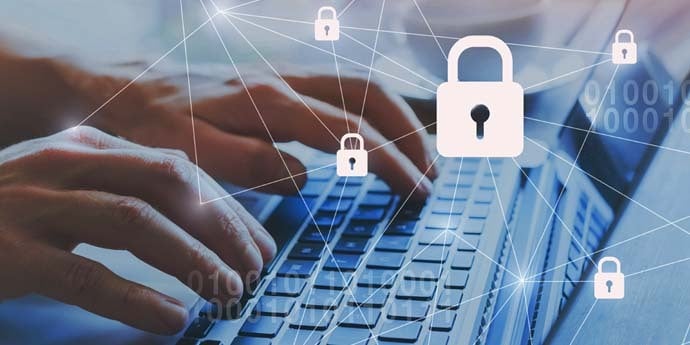
Getting Started with Compliance
A complete guide to getting started with compliance including which cybersecurity and data protection standards…
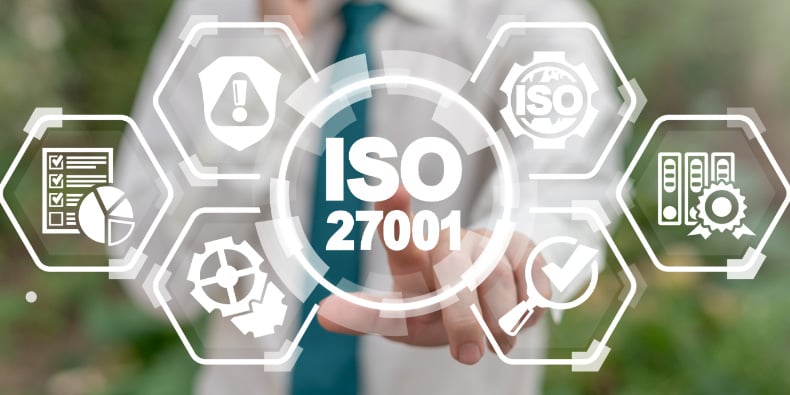
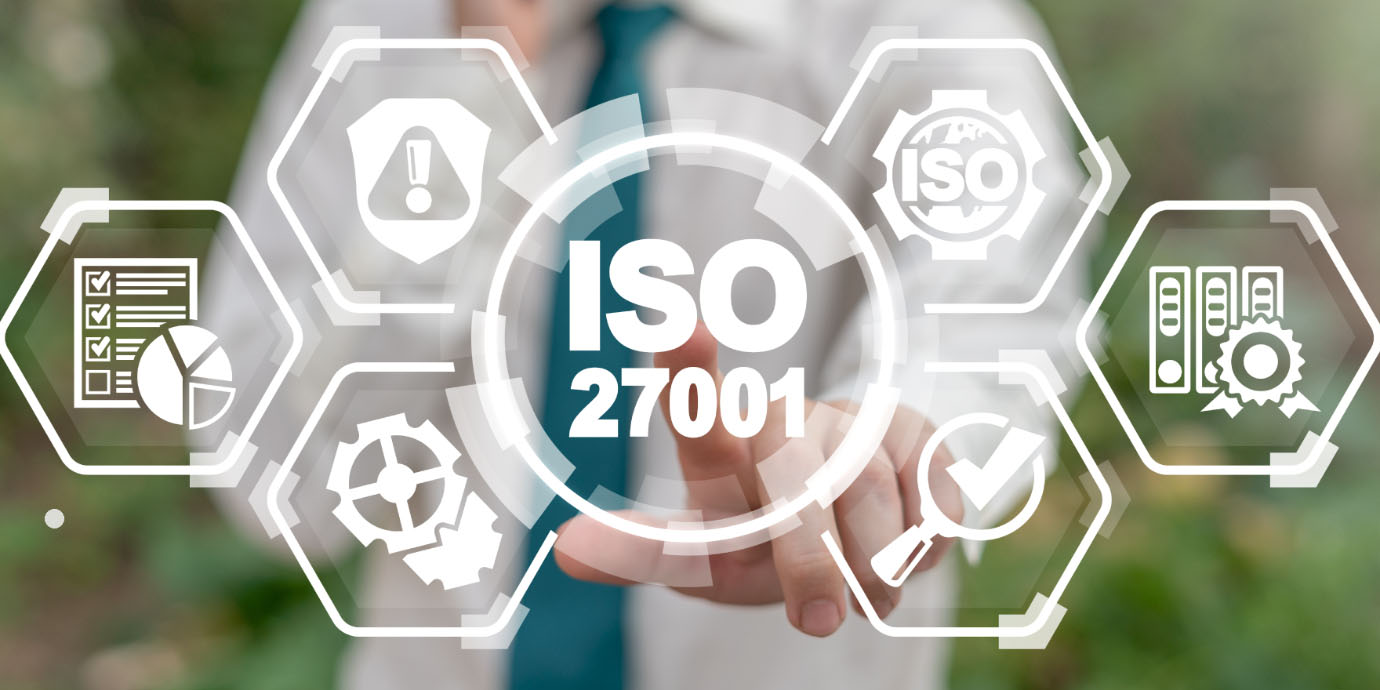
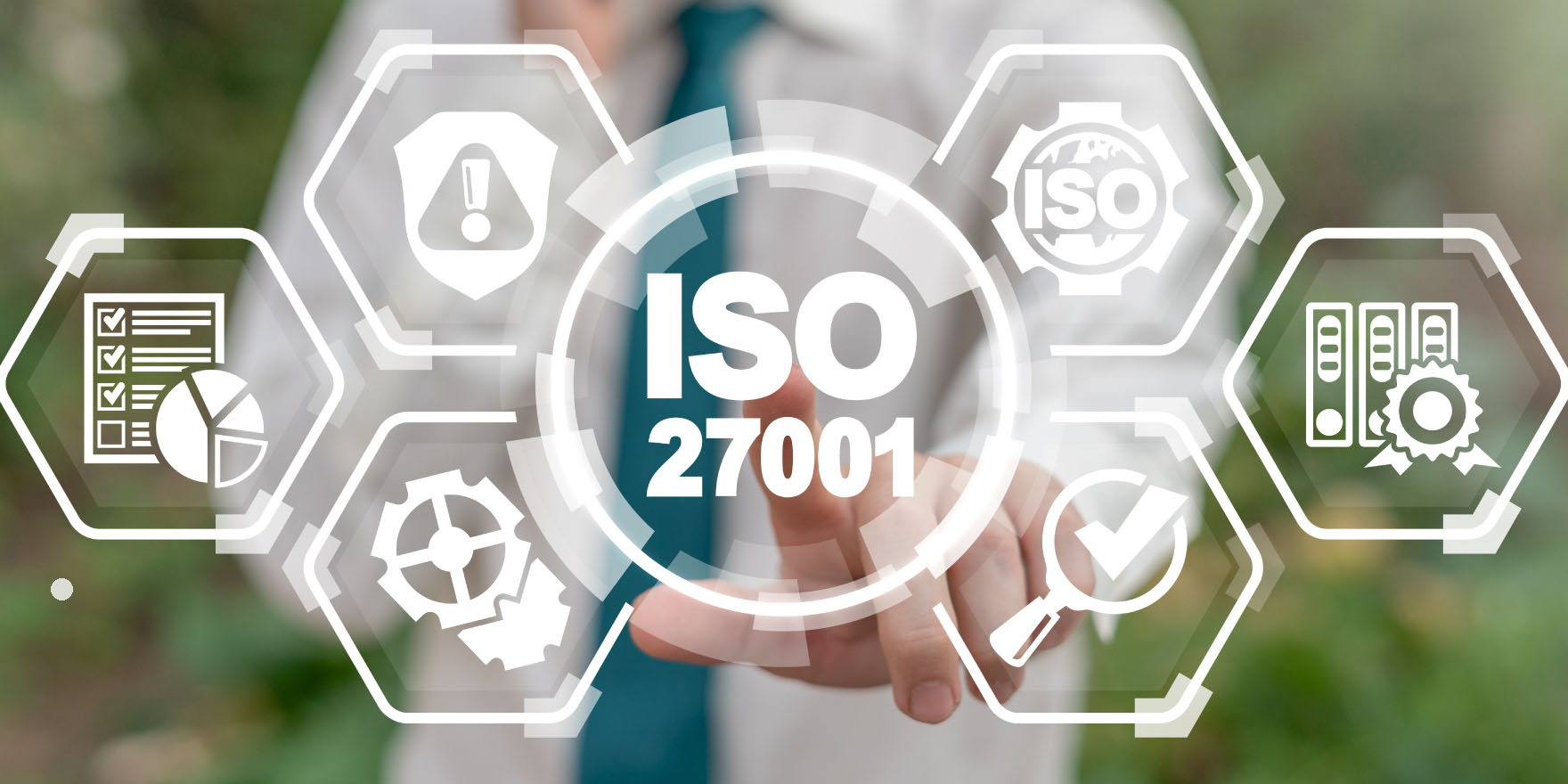

Harvina Bains
Security Blogger
19th July 2023
ISO 27001 is an international standard to help businesses manage information security. It’s a framework of best practice guidelines for establishing, implementing and maintaining an information security management system (ISMS). This includes policies, procedures and other controls that work across all touchpoints of an organizations’ data, such as people, processes and technology.
There are three principles of ISO 27001:
These principles set out a systematic approach to help businesses manage sensitive information such as financial data, intellectual property, employee details, and customer information.
The key objectives of ISO 27001 are to identify and assess information security risks, implement a set of controls to mitigate those risks, establish a management framework for information security, and continually monitor and improve the effectiveness of the information security management system.
ISO 27001 is a vital standard for organizations seeking to safeguard their information assets and maintain a robust security posture. The standard promotes a holistic approach to identifying, assessing, and managing information security risks.
ISO 27001 encourages organizations to proactively identify and address weaknesses that will safeguard against security breaches, data breaches, and cyber threats. The standard also focuses on continuous improvement and risk mitigation which has a positive impact on operational efficiency and resilience.
When organizations demonstrate compliance with the ISO 27001 standard, they can instil confidence in their stakeholders and prove their commitment to information security. This all helps in building a competitive advantage and a positive business reputation.
ISO 27001 was first launched in 2005 and underwent a major update in 2013. Since then, new technologies have changed the business landscape and resulted in new security challenges. The latest revision to ISO 27001, called ISO 27001:2022, was released in October 2022 and more accurately reflects the state of cyber security today, with a view to improving and managing an organization's resilience to modern cyber threats and vulnerabilities.
The standard is currently going through a transition period, which refers to the phase where organizations are moving from the previous version of ISO 27001:2013 to the latest revision ISO 27001:2022. Organizations have been given three years to make these changes and they will need to be implemented by 2025.
Here’s what you need to know:
Clauses 4 to 10 are mandatory requirements that must be satisfied by your ISMS before it can be ISO/IEC 27001:2022 certified. These clauses are as follows:
| Clause | Requirement |
|---|---|
| 4: Context of the organization | Identify the internal and external issues that may impact the ISMS, as well as interested parties and their requirements |
| 5: Leadership | Emphasise the commitment and involvement of top management in establishing and maintaining the ISMS |
| 6: Planning | Address risk assessment, risk treatment, and the development of an information security policy |
| 7: Support | Define and document resource management, competency, awareness, communication and other supportive processes |
| 8: Operation | Focus on the implementation and operation of the ISMS, including risk assessment and treatment, security controls and incident management |
| 9: Performance evaluation | Describes the monitoring, measurement, analysis, and evaluation of the ISMS through internal audits and management review |
| 10: Improvement | Provides guidance on nonconformities, corrective actions, and continual improvement of the ISMS |
You also need to be familiar with Annex A, which now defines a set of 93 controls that your organization can implement to meet those requirements.
Annex A has undergone the biggest change during the update to the newest version of ISO 27001. The controls have been restructured and consolidated to reflect the current cyber security challenges and modern risks businesses face today.
The 93 controls now sit in 4 sections instead of the previous 14. The new categories are:
The main reason for reducing the controls and categorising them into four groups is to make it easier to understand and implement an effective ISMS. Separating the controls can make it easier for implementation teams to determine who in the organization is responsible for each category.
The 11 new controls that sit within Annex A are:
The requirement for ISO 27001 certification is determined by a number of factors, including:
If you are considering the ISO 27001 certification, it is critical that you assess your organization's specific needs, risks, and regulatory requirements to understand the benefits. It would be beneficial to consult with information security professionals to make an informed decision about whether ISO 27001 is the appropriate framework for your business.
It's also worth noting that, while ISO 27001 provides a comprehensive framework, you can implement controls based on your specific needs and risk tolerance. The standard emphasises a risk-based approach, allowing your company to tailor your information security management system to your specific needs.
Adopting and implementing ISO 27001 can bring several benefits to your organization.
Here are some of the key benefits:
Defense.com helps you address multiple ISO 27001 requirements from a single platform, helping you effectively maintain your ISMS.
Here are just some of the features we offer to help you achieve your controls:
| Control | Defense.com features |
|---|---|
| 5.7 Threat intelligence |
|
| 6.3 Information security awareness and training |
|
| 8.1 User endpoint devices |
|
| 8.7 Protection against malware |
|
| 8.8 Management of technical vulnerabilities |
|
| 8.15 Logging |
|
| 8.16 Monitoring activities |
For more information about how Defense.com™ can help you stay compliant contact us.
ISO 27001 is an essential standard for organizations looking to protect their information assets and establish a robust security management system. With the updated ISO 27001:2022 version, your organization can effectively manage the evolving cyber threats and vulnerabilities of today’s business landscape.
By adopting the framework, your organization can enhance its security posture and build a reputation as a trusted and secure partner. ISO 27001 is a valuable investment that will help your business thrive in the face of evolving cyber threats and maintain a competitive edge in the market.

Harvina Bains
Security Blogger
Share this article
Get in touch today to start your free trial of Defense.com™ and discover how we can help you take the stress out of your cyber security.

A complete guide to getting started with compliance including which cybersecurity and data protection standards…
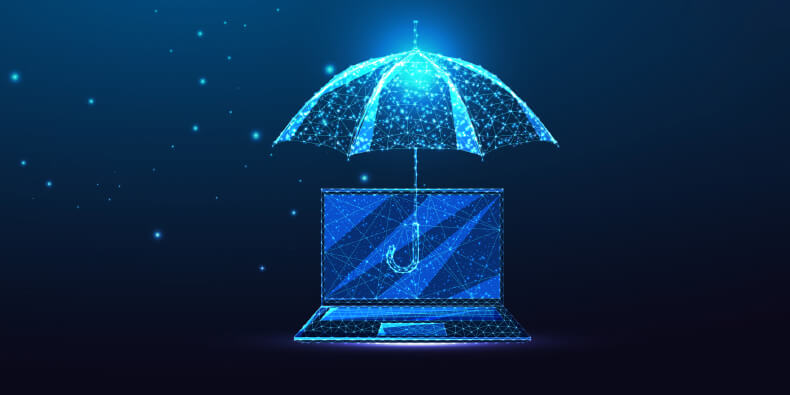
Cyber insurance premiums are on the rise and policies are offering lower coverage. Learn how …

How well prepared is your business to withstand and recover from a cyberattack? Discover best practice advice…

Cybersecurity training and general security awareness are vital for protecting your business…
Get actionable cyber security advice and insights straight to your inbox.